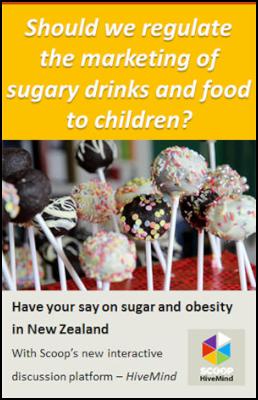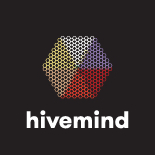The independent reported this week that the UK government
has extended an existing ban on junk food advertising aimed
at children. This legislation now includes online and social
media advertising. The full article is here:
http://www.independent.co.uk/life-style/health-and-families/health-news/junk-food-ads-children-advertising-banned-ban-online-social-media-ofcom-a7462521.html
It is reported that these changes will bring print, cinema and online and social media into line with television, where strict regulation already prohibits the advertising of unhealthy food to children
Junk food advertising is now to be banned across all children's media – including online and social. This has been hailed by the Independent as a landmark decision to help tackle childhood obesity in the UK.
The new rules will ban the advertising of food or drink high in fat, salt or sugar (HFSS) across all non-broadcast media targeted at under-16s from July next year, the Committee of Advertising Practice (CAP) said.
These changes bring media such as print, cinema and
online and social media, into line with television, where
strict regulation already prohibits the advertising of
unhealthy food to children.
The ban targets ads that
directly or indirectly promote an HFSS product from
appearing in children's media or other media where children
make up more than 25 per cent of the audience.
These new
restrictions also apply to TV-like content online, such as
on video-sharing platforms or 'advergames', if they are
directed at or likely to appeal particularly to
children.
A ban on companies using promotions, licensed
characters or celebrities popular with children in ads for
HFSS food or drink will be partly lifted for the advertising
of healthier options.
The New Zealand Advertising Standards Authority has announced that it will be introducing a new version of the childrens code for advertising food. The new code has been strengthened with changes along the same lines of the UK code coming into force in early 2017.
The new NZ Code is in Appendix 1 of the report of the independent committee established to establish the new code. - see http://www.asa.co.nz/wp-content/uploads/2016/10/Final-Report-Childrens-Codes-Review.pdf This was released on 20 October
The NZ has for some years included all media within its jurisdiction for all Codes - even a tweet by the Prime Minister has been the subject of complaint. In the UK the restrictions on HFSS foods primarily applied to TV only.
The current NZ ASA Code does mention HFSS foods but there is no definition. The new Code now defines the levels of HFSS in various foods with reference to the Government Food and Beverage Classification System - also available on the ASA site - http://www.asa.co.nz/wp-content/uploads/2016/10/FBCS-Nutrient-Criteria-March-2016.pdf
However – the Heart Foundation while commending these changes, has suggested that the new code still does not go far enough in a Press Release on Scoop in October 2016.
Do you think these advertising standards go far enough?
Could more be done to limit advertising to children?
Go to the Scoop HiveMind Discussion on this issue to have your say




 Martin LeFevre - Meditations: Regarding Popes, Dopes And Hopes
Martin LeFevre - Meditations: Regarding Popes, Dopes And Hopes Binoy Kampmark: Fantasy And Exploitation | The US-Ukraine Minerals Deal
Binoy Kampmark: Fantasy And Exploitation | The US-Ukraine Minerals Deal Gordon Campbell: On The Aussie Election Finale
Gordon Campbell: On The Aussie Election Finale Martin LeFevre - Meditations: The Enlightenment Is Dead; What Is True Enlightenment?
Martin LeFevre - Meditations: The Enlightenment Is Dead; What Is True Enlightenment? Ian Powell: Widening Gap Between Health System Leadership And Health Workforce
Ian Powell: Widening Gap Between Health System Leadership And Health Workforce Keith Rankin: The Great World War 1914-1945 - Germany, Russia, Ukraine
Keith Rankin: The Great World War 1914-1945 - Germany, Russia, Ukraine